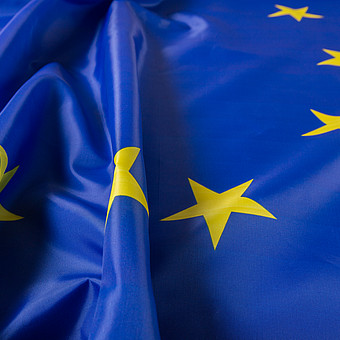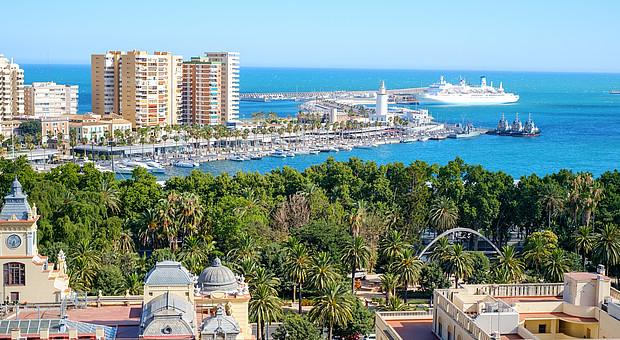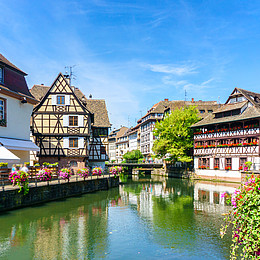You’ll learn more about Europe by experiencing it yourself!
In the B.A. program Transcultural European Studies (TES), you’ll study in Germany, France, and Spain. The goal: to truly understand Europe and its cultural diversity – with a focus on languages, cultures, literature, and media.
You’ll learn German, French, and Spanish, and experience what it’s like to live in different countries. Enjoy an international study environment that prepares you for exciting career opportunities both in Germany and abroad.



